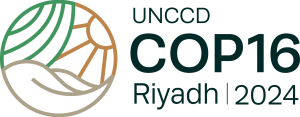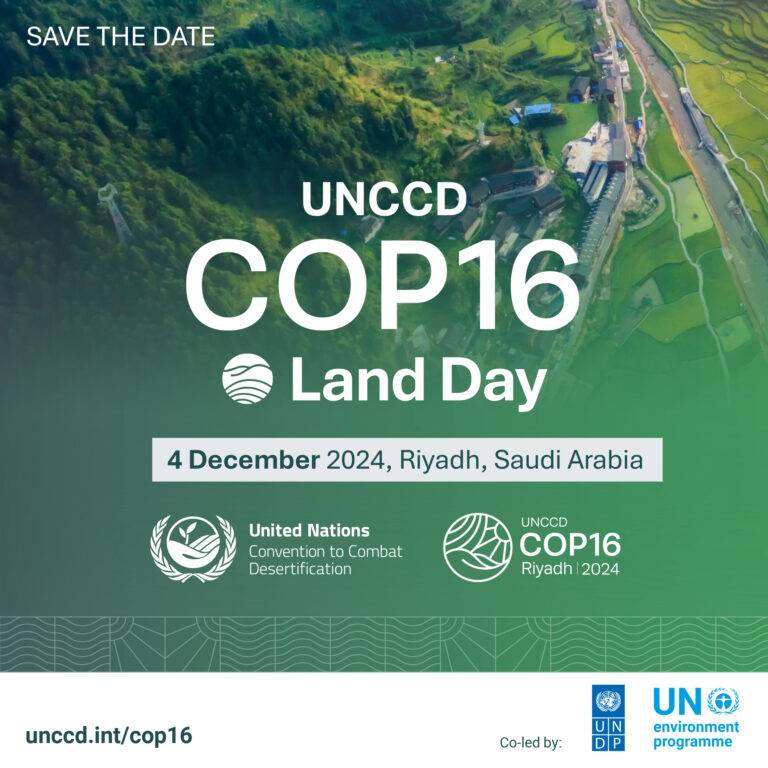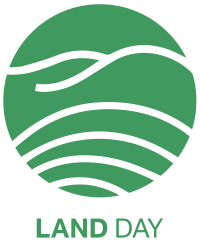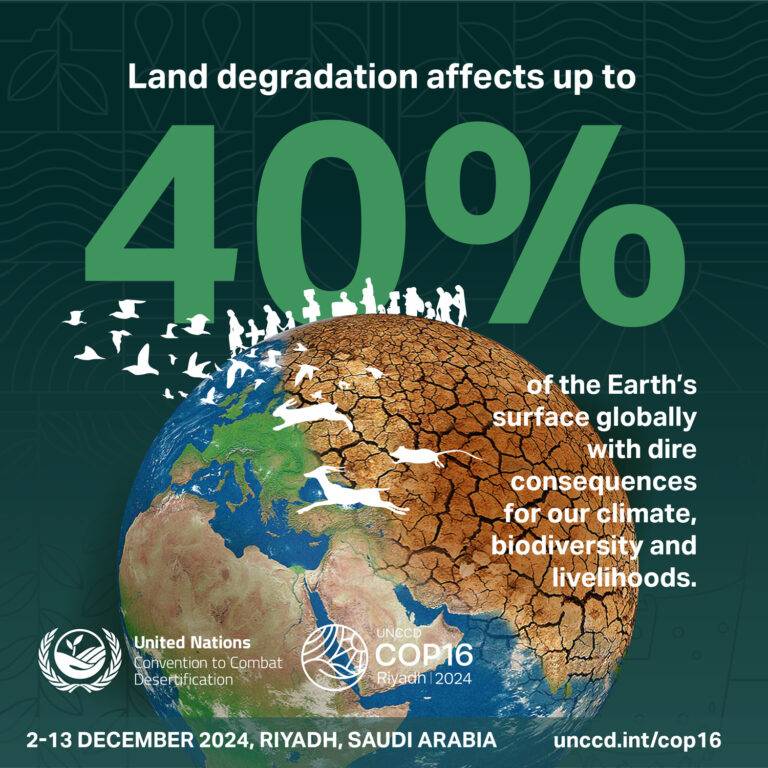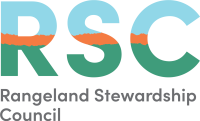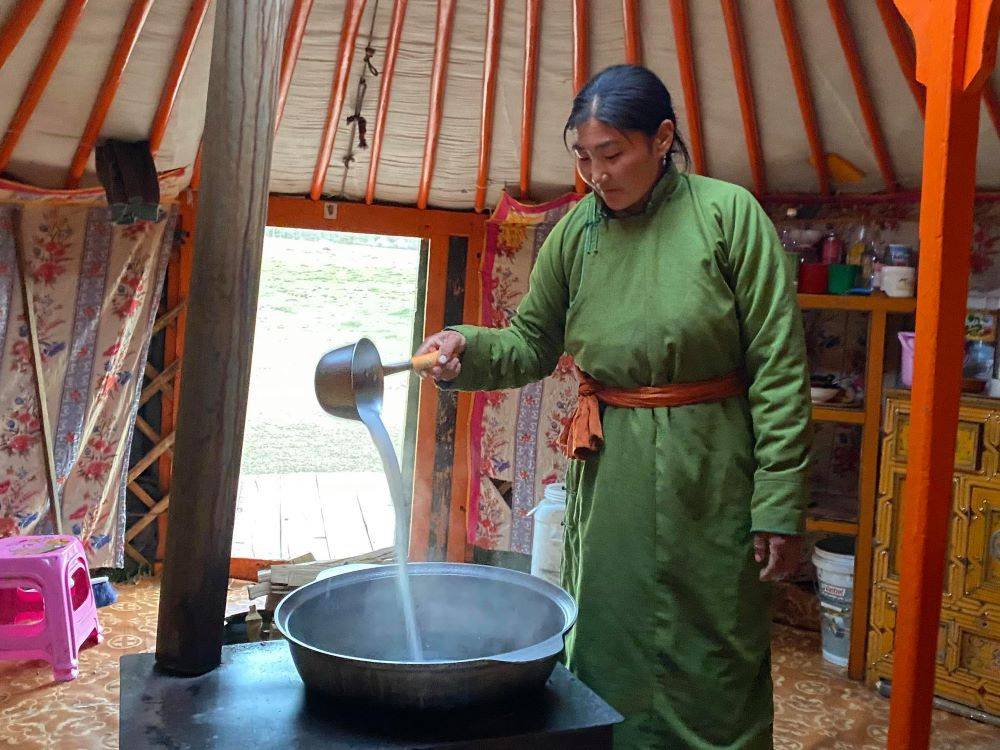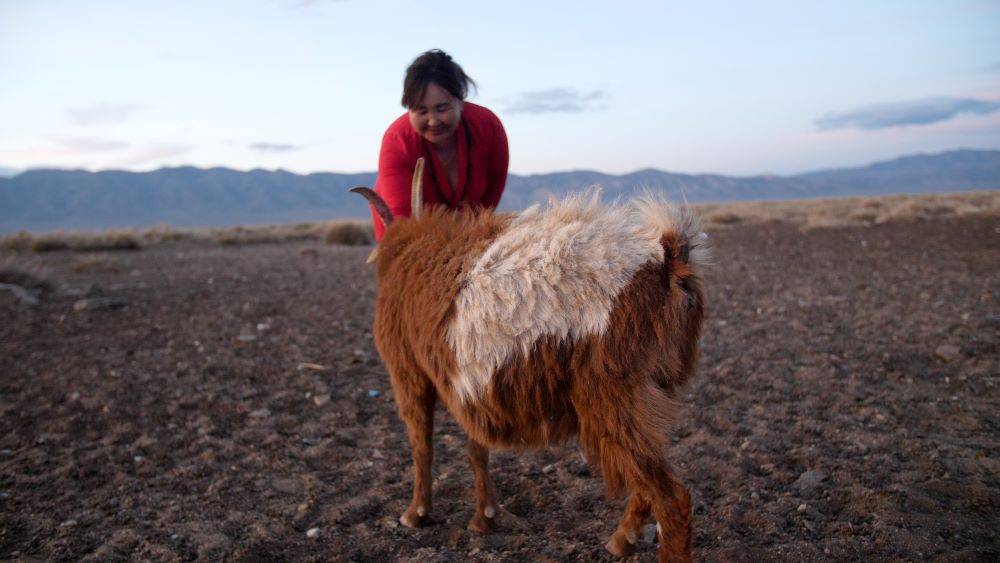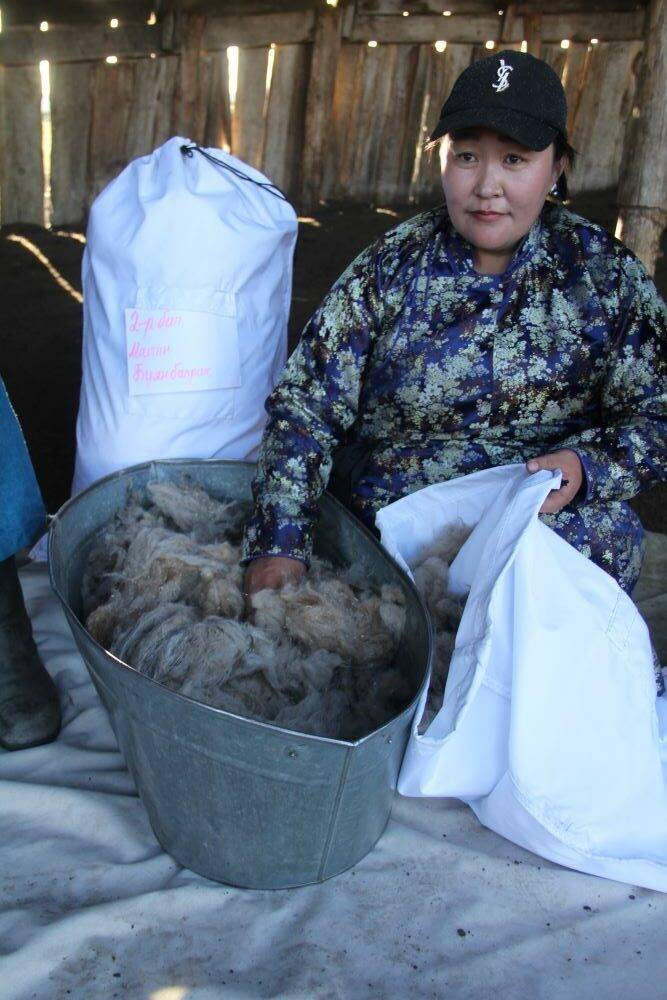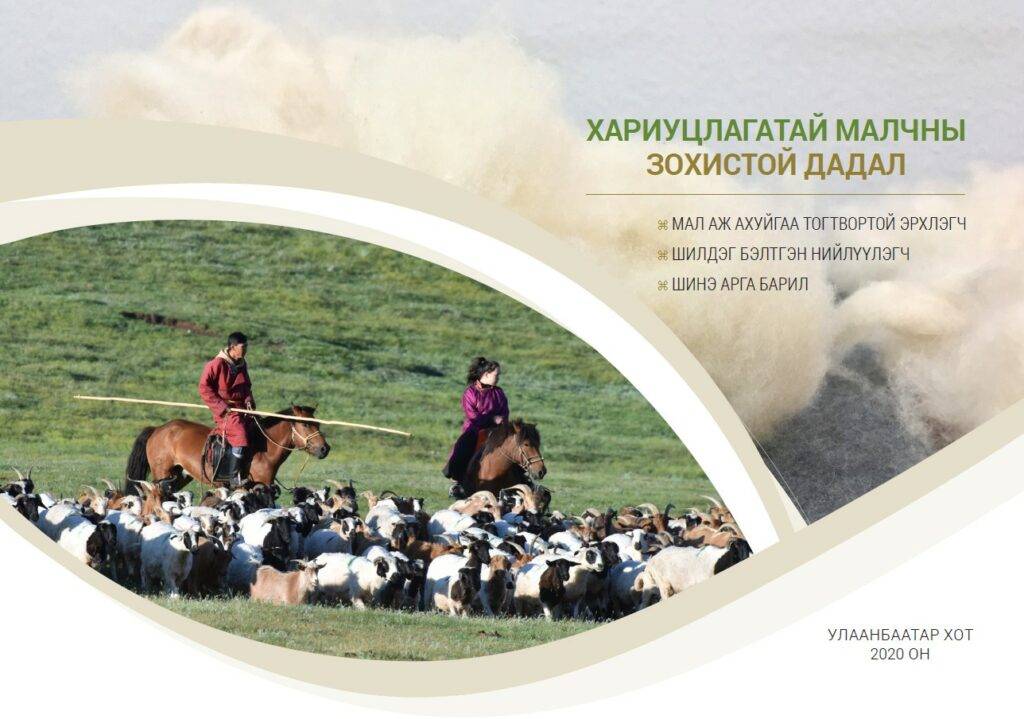RANGELAND STEWARDSHIP COUNCIL (RSC) TO BE INTRODUCED AT UNCCD COP16 BY THE INITIATIVE'S ESTABLISHING PARTNERS, INCLUDING THE SUSTAINABLE FIBRE ALLIANCE (SFA)
Riyadh, Saudi Arabia – This December, the standard holding and membership organisation, the Sustainable Fibre Alliance (SFA), is joining together with the United Nations Convention to Combat Desertification (UNCCD) and the GEF-funded STELARR (Sustainable Investments for Large-Scale Rangeland Restoration) Project – implemented by IUCN and executed by ILRI and partners – to officially introduce the Rangeland Stewardship Council (RSC) initiative to the global participants of UNCCD COP16 in Riyadh, Saudi Arabia. This two-week Conference of Parties will take place from the 2nd to the 13th of December 2024 to raise a global ambition, renew commitment, and accelerate investment and action to restore land and boost resilience for the benefit of people and the planet. Held under the theme Our Land. Our Future this year’s event coincides with UNCCD’s 30th anniversary and is set to be the largest UN land conference to date and the first held in the Middle East and North Africa region – a location that knows a great deal about the impacts of desertification, land degradation and drought – key topics to be discussed and addressed during COP16.
The RSC is dedicated to advancing the sustainable management of global rangelands, recognising their critical role in supporting human livelihoods, ensuring food security, and preserving biodiversity. Through engagement with the private sector, the RSC seeks to stimulate investment in rangeland ecosystems, creating positive environmental outcomes while protecting the livelihoods of local communities. Aligned with the ‘One Health’ approach, the RSC adopts a holistic perspective, considering the interconnectedness of human health, animal health, and the environment. With the support of collaborative partners and sector-wide colleagues, the RSC is establishing a global benchmark for responsible rangeland management by creating a unified standard known as the Global Rangelands Standard. Currently, there is no globally defined set of standards for rangeland stewardship; existing frameworks often focus on specific products or regions. The Global Rangelands Standard will provide a comprehensive framework for enhancing collaboration among these existing standards, facilitating the development of effective, adaptable global solutions. The Global Rangelands Standard aims to support market access for responsibly produced diverse rangeland commodities, encompassing product certification for fibre, leather, meat, milk, crop seed, recreation, and renewable energy.
To officially introduce this global initiative and standards system during UNCCD’s COP16, the RSC’s collaborative partners are set to host a series of sessions throughout the two-week event. These include three of the main UNCCD-hosted events during the dedicated Land Day on the 4th of December.
Discover more about the Land Day events below:
GLOBAL RANGELANDS STANDARD: A FRAMEWORK FOR SUSTAINABLE PASTORAL FUTURES
15:00-15:45, MET-25
During this session, key members and supporters of the Rangeland Stewardship Council (RSC) will take to the stage to introduce the initiative, outlining its mission and ongoing efforts in safeguarding and improving global rangelands. The RSC’s Global Rangelands Standard will be presented as a critical benchmark for responsible rangeland management, emphasising its role in promoting practices that balance environmental and social priorities. Presentations will highlight the Global Rangelands Standard as a catalyst for private-sector investment in rangeland restoration, providing clear, accountable standards that align sustainability with long-term economic and environmental benefits. A key outcome of the session is to foster collaboration among the private sector, policymakers, and local communities to enhance land governance, ensure secure tenure, and support climate adaptation efforts.
COP PRESIDENCY EVENT ON RANGELANDS
16:00-17:00, MET-25
This session aims to amplify political attention to rangelands, mobilise investments, and foster international collaboration through initiatives. During this side event, the RSC and its partners will highlight the role of standards in global efforts to protect and restore rangelands. By bringing together diverse stakeholders, the RSC aims to foster collaboration and drive meaningful action to address the ever-increasing challenges faced by the world’s rangelands. The RSC’s work emphasises the importance of coordinated strategies to ensure rangeland resilience, safeguard biodiversity, and support the communities that depend on them.
FASHION4LAND EVENT AT UNCCD COP16
18:00-20:00, MET-25
Set to unravel the intricate connection between land and the textile sector, the Fashion4Land event will explore how different fibre choices impact land and soil health and encourage holistic approaches to land use by the fashion industry. The event will underscore the fashion industry’s pivotal role in environmental sustainability and bring together experts, policymakers, and industry leaders to examine the complex relationship between fashion and land. By exploring key policy frameworks and market-based mechanisms, this event seeks to raise awareness and foster global, cross-sectoral dialogue. The Fashion4Land event will conclude UNCCD’s COP16 Land Day with an exhibition and networking reception that offers a unique platform for exchanging ideas and strengthening collaborations.
For more information on these and other events hosted by the SFA and RSC’s collaborative partners, contact the SFA team at info@sustainablefibre.org. Alternatively, visit the official UNCCD COP16 website for further details on the event as a whole.
ABOUT THE SUSTAINABLE FIBRE ALLIANCE (SFA)
Founded in 2015, the SFA is a non-profit standard holding and membership organisation. They represent a global alliance of supply chain actors, stakeholders, and industry experts with a vision for a responsible and inclusive global natural fibres sector that safeguards the health and well-being of people, animals and the environment. Working with the end-to-end supply chain, the SFA connects livestock herders in Mongolia and China to brands and retailers in the global fashion industry. The SFA Animal Fibre Standard outlines five global principles for responsible cashmere production, these are effective management, decent work, biodiversity and land use, animal welfare, and fibre quality improvement. Discover more about the SFA’s standards system and programmes on their website: https://sustainablefibre.org/
ABOUT THE RANGELAND STEWARDSHIP COUNCIL (RSC)
The Rangeland Stewardship Council (RSC) is dedicated to advancing the sustainable management of global rangelands, recognising their pivotal role in supporting human livelihoods, ensuring food security, and preserving biodiversity. The initiative advocates for responsible stewardship by establishing a global standard that harmonises the production of essential resources with the conservation of wildlife habitats and the mitigation of climate change. It promotes best practices across diverse regions, grounded in core principles such as herder representation, traceability, carbon sequestration, culturally attentive practices, health and wellbeing initiatives, animal welfare, gender equality, and effective land management. The RSC is supported by the UNCCD, the SFA, and the Global Environment Facility-funded STELARR Project, which is implemented by IUCN and executed by ILRI and partners. Learn more about the RSC initiatives and its collaborative partners on the website: https://rangelandstewardship.org/

Katy Edwards
SFA MARKETING & COMMUNICATIONS MANAGER
28 November 2024

